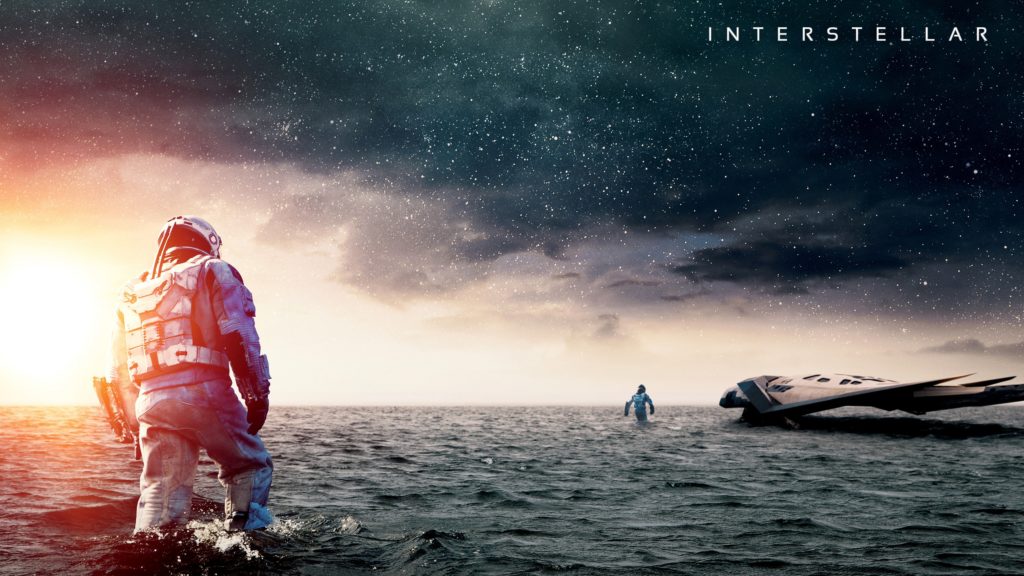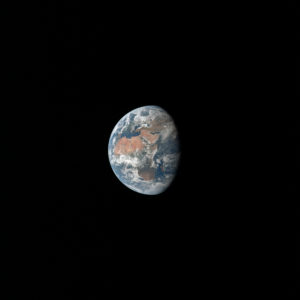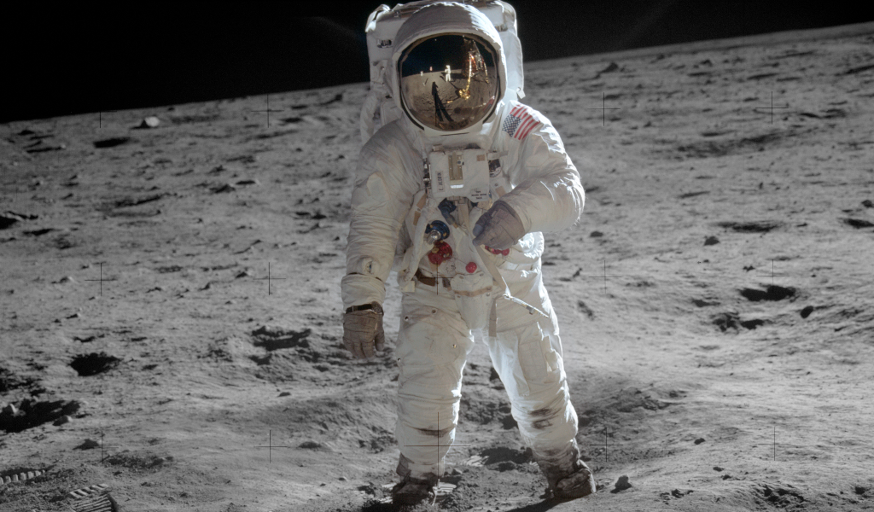- Separating signal from noise in acoustic biodiversity surveys - 17/11/2020
- Sustainable redevelopment: visions of a post-lockdown world - 29/05/2020
- Pedagogy in Portugal - 07/02/2020
Space: the final frontier. This year marks the 50th anniversary of the Apollo 11 moon landing mission; the first time we had ever stepped foot on the moon. As Neil Armstrong boldly declared “that’s one small step for man, one giant leap for mankind”, we perhaps reached a new peak of human achievement. A peak that continues to climb upwards, itself shooting for the moon.
I’ve grown up with franchises like Star Wars and Star Trek. Where somehow there’s always a white (human) man getting into trouble with aliens and flying space ships. One thing that’s common in much science fiction is the idea that we can colonise new worlds, terraforming their surfaces to sustain life (as we know it). This idea is pervasive in the years since the moon landing, and continues to be drawn upon even in recent films claimed to be scientifically sound (e.g. Interstellar and The Martian). Whilst this is a romantic idea—of humans gallivanting across the galaxy (hitchhiking even)—I sometimes worry about the price of this dream. Of course, I’m sure the notion has inspired many great minds the world over to learn about space, and perhaps to successfully take us all there one day. But does this idealism come with a cost?
June 2019 was the hottest June ever recorded and it barely made the news. Climate change is possibly the single greatest threat to human life across the planet, and collectively, we have yet to raise a finger in action. Scientists are researching climate change every day, including how people, plants, and animals will be able to respond to rapidly changing climate. This summer, I’m in a rural forest town in northern Japan studying how aquatic ecosystems might respond to heatwaves in the future. This is my first time working on a climate change related project, and I’m really excited to see what we find!

Science fiction now more regularly draws upon climate change as an influence behind the dystopian worlds and stories portrayed. These tales often involve leaving a hostile planet in favour of a new home. But in reality, there is no new home. Not likely within our lifetime or the lifetimes of our grandchildren. Despite the moon landing and all our other advances, we don’t have a get out of jail free card to pack up and leave. No, what we need is transformative change.
The IPBES recently released the findings of the largest global assessment of biodiversity ever undertaken. They estimate that 1 million (yes, that’s 1,000,000!) species are at risk of extinction (you can read how they reached that number here). Jonathan Watts writes in the Guardian that “the study paints a picture of suffocating human-caused sameness spreading across the planet”, and David Obura, a main author of the study, writes: “[but] it is not too late if we put a huge amount into transformational behavioural change.”
The change the study refers to is at a global scale but stems from local actions. To save ourselves from climate breakdown, we don’t need a few people living perfectly sustainable lives. We need billions of people living imperfectly but making small sustainable choices when they can (e.g. eating less meat even just one day per week or getting the bus instead of driving to work every other Thursday).

Of course, the moon landing 50 years ago rightly earned its place in the history books. And of course, we should continue to look to the stars. We should continue to dream of distant worlds. But not instead of fixing the problems we’ve created for ourselves here. This is our home. And for the foreseeable future it’s the only one we’ve got. So let’s take this anniversary as a reminder of the incredible journeys we’re capable of embarking on.
Then let’s each take a small step so together we can make a giant leap.
About the Author
Sam Ross is a PhD student in Ian Donohue’s research group in the Department of Zoology, Trinity College Dublin. His research focuses on the effects of global change on ecological stability. Find out more about his research here:
Website | https://srpjr.wordpress.com/
Twitter | @SamRPJRoss
Research Gate | Profile
Google Scholar | Profile
Linkedin | Profile
ORCID | 0000-0001-9402-9119

